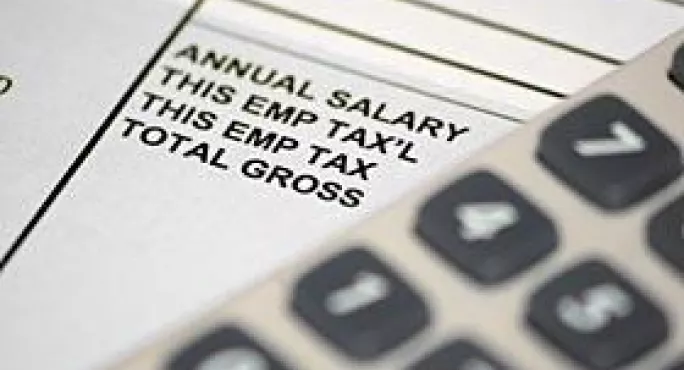Salary: Government follows STRB’s pay recommendation

All teachers will receive guaranteed pay rises of at least 2.3 per cent for the next two years, the Government has revealed.
The increase for this year, which comes into effect from September, represents a significant real-terms rise with the latest retail price index (RPI) inflation figure at minus 1.1 per cent.
Teachers will receive the same rise from September 2010, regardless of how the economy performs or what happens to inflation over the next year. There will be no opportunity for either side to reopen negotiations.
Ed Balls, the Schools Secretary, announced that he was following the 2.3 per cent recommendation made by the independent School Teachers’ Review Body (STRB), which advises on pay.
The decision comes as public sector pay has come under intense scrutiny after calls by the Audit Commission, the government spending watchdog, for a pay freeze as a “pain-free way of cutting public spending” at a time of spiralling national debt.
Chancellor Alistair Darling and Conservative leader David Cameron were both forced to clarify their positions this week, insisting that pay freezes for public sector employees were not on their agendas. Mr Cameron said it was right to leave pay negotiations to independent pay bodies.
There are more than half a million teachers in Britain, forming a significant proportion of the country’s 6 million public sector workers.
Mr Balls was criticised last month for delaying his decision on teachers’ pay. Christine Blower, general secretary of the NUT, said it was “unacceptable” that teachers had not been told what they would be earning.
Concerns had also been raised that the STRB would seek the right to reopen negotiations on next year’s deal in light of the unprecedented economic turmoil.
The Government’s announcement is still open to a short consultation period, but with Mr Balls’ firm backing of the 2.3 per cent deal, it is highly unlikely that there will be any change.
Starting salaries in inner London will rise by more than in other parts of the country - up by 4 per cent this September to pound;26,000. From September 2010, the starting salary will increase by a further 3.8 per cent to pound;27,000, with all subsequent pay scales for more experienced teachers adjusted accordingly.
Salaries for staff on the Excellent Teacher Scheme will soar from September, with the minimum inner-London pay up by 24 per cent to pound;46,866.
Heads who take on the responsibility of permanently running federations of more than one school are also in line for significant increases from September. Mr Balls last month rejected an STRB recommendation to limit their pay rises to 20 per cent above the top of the pay scale.
The teaching unions had argued for an increase in excess of 2.3 per cent, which they said was necessary to ensure recruitment and retention of high- quality staff. But the decision to honour the three-year deal - the first of its kind for teachers - was welcomed by union officials.
The NUT had made the largest single claim, arguing for a 10 per cent rise or an extra pound;3,000, whichever is higher, plus an additional payment of about pound;1,400 for the average classroom teacher to make up for below- inflation deals in recent years.
While the retail price index, the most common measure used in pay negotiations, is currently minus 1.1 per cent, the consumer price index, which does not take mortgage repayments into account, is significantly higher at 2.2 per cent.
SEN allowances
Allowances paid to special educational needs teachers will be considered by the School Teacher Review Body in future reviews, the Government has confirmed. Teachers who work mainly with SEN pupils currently qualify for an extra payment of over pound;1,900 a year. The STRB has recommended replacing this with a sliding scale of allowances starting as low as pound;1,000.
Check out the newly released pay scales for 200910:
Keep reading for just £1 per month
You've reached your limit of free articles this month. Subscribe for £1 per month for three months and get:
- Unlimited access to all Tes magazine content
- Exclusive subscriber-only stories
- Award-winning email newsletters



